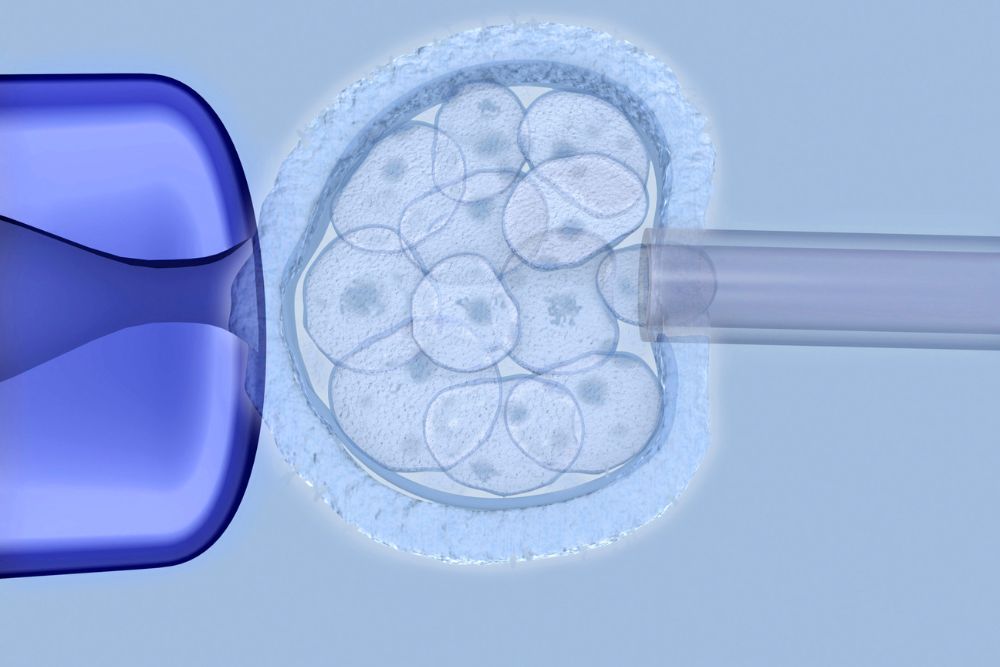Why choose PGT?
What makes PGT different from other types of genetic testing, and other common questions
If you’re struggling with infertility, there’s good news: Reproductive science is constantly advancing. One of the most important innovations in modern fertility is preimplantation genetic testing (PGT). Why? PGT can increase the success rates of in-vitro fertilization (IVF), especially for women who have had multiple miscarriages.
Miscarriage remains a sensitive or even taboo subject, but most pregnancy losses are caused by factors completely beyond your control. One of the most common causes of pregnancy loss is missing or extra chromosomes. This is known as aneuploidy, and it’s something that PGT can screen for in unique ways other tests cannot.
What other prenatal tests exist?
In a traditional pregnancy, there's simply no way to know what your baby's chromosomes will look like prior to conception. Aspiring parents may choose preconception carrier screening, which provides information about inherited genetic abnormalities that either or both parents may have. However, this type of test cannot reliably screen for genetic disorders such as Down syndrome (trisomy 21), which usually isn’t inherited.
Many patients are familiar with non-invasive prenatal testing (NIPT), which ob/gyns routinely offer during the first trimester. This type of test is generally quite good at detecting extra chromosomes (trisomy) and other chromosome abnormalities when performed 10-13 weeks into a pregnancy.
What are the advantages of PGT?
IVF patients have a unique opportunity to screen for these same types of issues before any eggs are transferred. By screening out aneuploid embryos prior to implantation, PGT can decrease the risk of miscarriage and increase the likelihood of achieving a pregnancy from each embryo transferred. This is especially valuable for women over 38, who have a significant risk of producing embryos with trisomy and a more limited window of time to achieve a healthy pregnancy.
PGT can also help reduce the risk of multiples. With more information about each embryo, you can feel more confident selecting only a single one for transfer and preserving the rest. Singleton pregnancies are generally safer and less complex, setting you on the best possible path forward.
There are different types of prenatal genetic tests available depending on where you are in your fertility journey. Find a clinic near you to learn more about your fertility health, and how we can support your journey.

